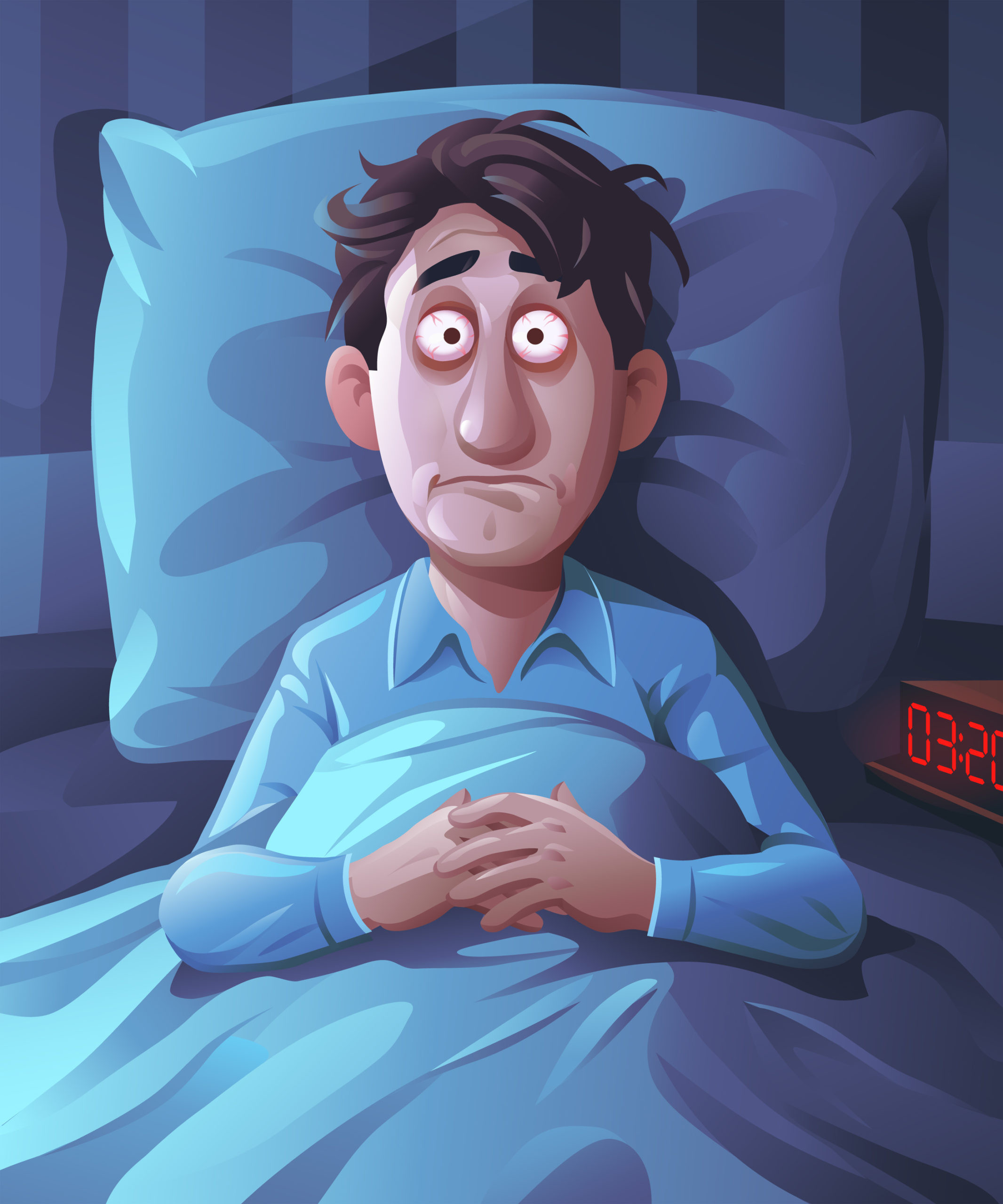Sleep Hygiene: Tips for Improving Sleep Quality and Overall Health
Achieving a restful night’s sleep is paramount for our physical and mental well-being. However, for many of us, attaining the quality rest we need can be elusive. This is where the concept of nap hygiene becomes essential. Nap hygiene encompasses a set of practices and habits aimed at optimising our nap quality. In this comprehensive blog post, we will delve into various tips and strategies to enhance your nap hygiene, fostering better nap and overall health.

Establish a Consistent Sleep Schedule:
Maintaining a consistent sleep schedule is foundational to good sleep hygiene. Aim to establish a regular bedtime and wake-up time, even on weekends. This consistency helps regulate your body’s internal clock, promoting better nap quality over time.
Create a Relaxing Sleep Routine:
Crafting a tranquil bedtime routine signals to your body that it’s time to wind down and prepare for sleep. Consider incorporating calming activities such as reading, taking a warm bath, or practicing relaxation techniques like deep breathing or meditation. Steer clear of stimulating activities like watching TV or using electronic devices right before bed, as they can interfere with your ability to fall asleep.
Make Your Bedroom a Sleep-Friendly Environment:
The environment in which you sleep significantly impacts the quality of your rest. Ensure your bedroom is conducive to nap by keeping it cool, dark, quiet, and comfortable. Invest in a supportive mattress and pillows that promote healthy nap posture. Consider using white noise machines or earplugs if noise disturbances are prevalent in your surroundings.
Limit Exposure to Screens Before Bed:
The blue light emitted by screens on electronic devices can disrupt your body’s production of melatonin, the hormone responsible for regulating sleep-wake cycles. To improve your nap hygiene, aim to limit screen time at least an hour before bedtime. Instead, engage in calming activities that promote relaxation, such as reading a book or listening to soothing music.
Watch Your Diet and Exercise Habits:
Your dietary and exercise habits can significantly impact your sleep quality. Avoid consuming heavy meals, caffeine, or alcohol close to bedtime, as they can disrupt your nap patterns. Aim to have dinner at least two hours before bed and opt for lighter, healthier snacks if you’re hungry later on. While regular exercise can enhance nap quality, avoid vigorous activity too close to bedtime as it may be stimulating.
Conclusion:
Improving your sleep hygiene holds the potential for far-reaching benefits across both your physical and mental health. By incorporating the aforementioned tips into your daily routine, you can cultivate an environment conducive to superior nap quality and overall well-being. Remember, consistency is key when it comes to developing robust nap habits, so be patient with yourself as you embark on this journey towards improved nap hygiene. Here’s to sweet dreams and rejuvenated mornings ahead!



